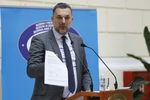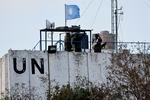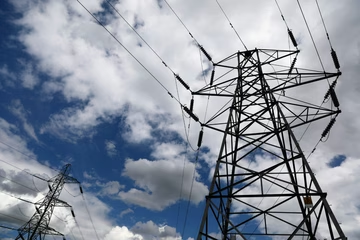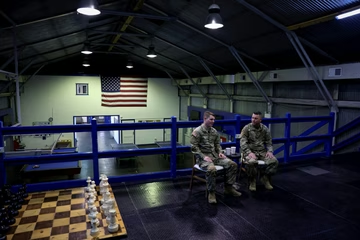Head of IOM in Bosnia: Visible improvements in conditions for migrants
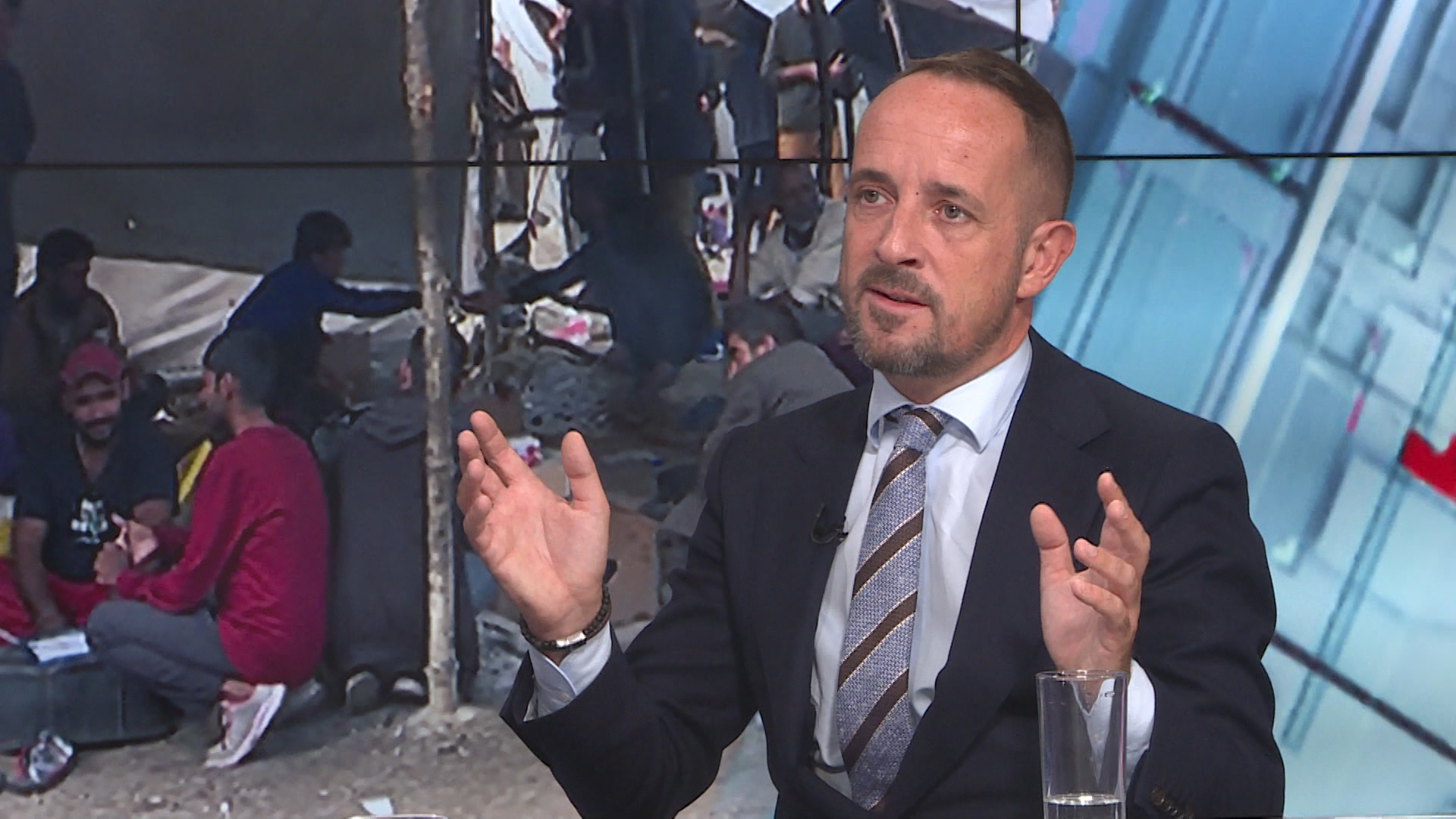
Many things have improved in Bosnia, regarding the migrant crisis, head of the International Organisation for Migration (IOM) to Bosnia, Peter Van der Auweraert told N1 on Friday, adding that biggest improvements are seen in the number of accommodation capacities, education of migrant children and healthcare.
Oglas
Van der Auweraert said that some 4,200 migrant children are attending school, but that the biggest obstacle right now is the lack of an overall strategy dealing with transmigration.
The most urgent problem now is the fact that many migrants still sleep in the open, which is a problem not only for migrants but also for the locals as well, he said.
The IOM head said that the international community and international donors were the ones to cover most of the expenses caused by the migrant crisis in Bosnia, which is about €20 million.
Oglas
These funds were mostly spent on accommodation of migrants in the area of northern-Bosnian towns of Cazin and Bihac so these communities could bear the burden of the situation.
There are other measures, he said, like the ones implemented in cooperation with Bosnia's Foreign Ministry, Border police, local police, and other forms of aid to local authorities.
Van der Auweraert made several examples of where the funds go and cited that over 400 people in the Una-Sana Canton are directly or indirectly involved in the work with migrants, then there are food producers and suppliers, as well as security companies in charge of maintaining order in migrant reception centres.
The head of the IOM mission stressed that the Vucjak camp, near Bihac, needs to be closed due to lack of conditions. He is aware that its closure demands an alternative which does not have to be in the Bihac area. However, he also pointed out that this requires a political decision.
Oglas
Last year, some 25,000 migrants entered the country and competent authorities estimate that there are around 9,000 of them in the country right now.
Migrants started flocking to Bosnia after Bulgaria and Hungary imposed strict border controls and stopped migrants from entering their country, effectively blocking the migrants' "Balkan route."
They have no wish of staying in Bosnia or eastern EU member states, though, but want to continue their path to Western EU states like Germany, France and Austria, hoping to find a better life.
Bosnian authorities estimate there are roughly 9,000 migrants in the country at the moment, of which only 8 percent are refugees and the rest are economic migrants.
Kakvo je tvoje mišljenje o ovome?
Učestvuj u diskusiji ili pročitaj komentare
Oglas
Kakvo je tvoje mišljenje o ovome?
Učestvuj u diskusiji ili pročitaj komentare
Oglas





 Srbija
Srbija
 Hrvatska
Hrvatska
 Slovenija
Slovenija






























